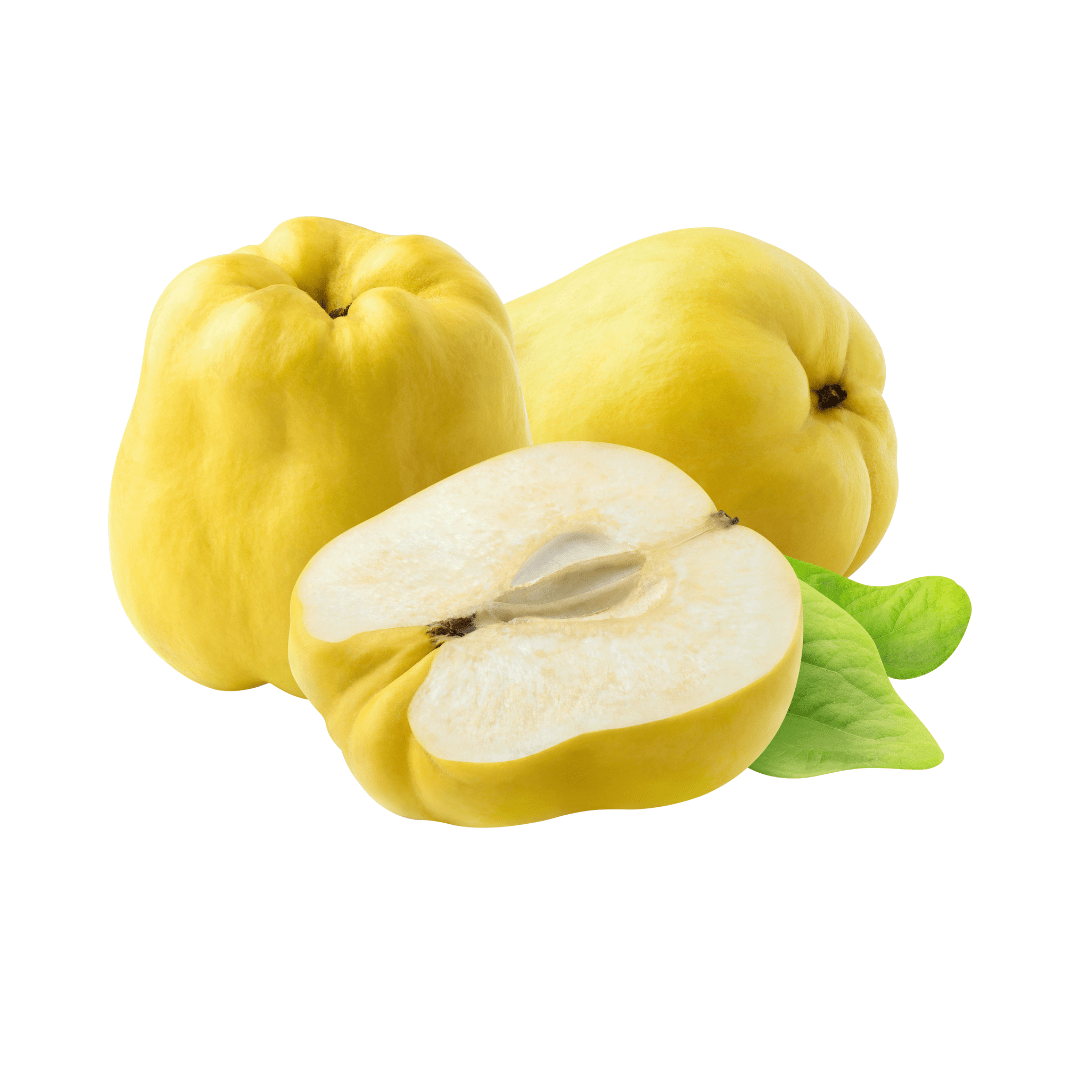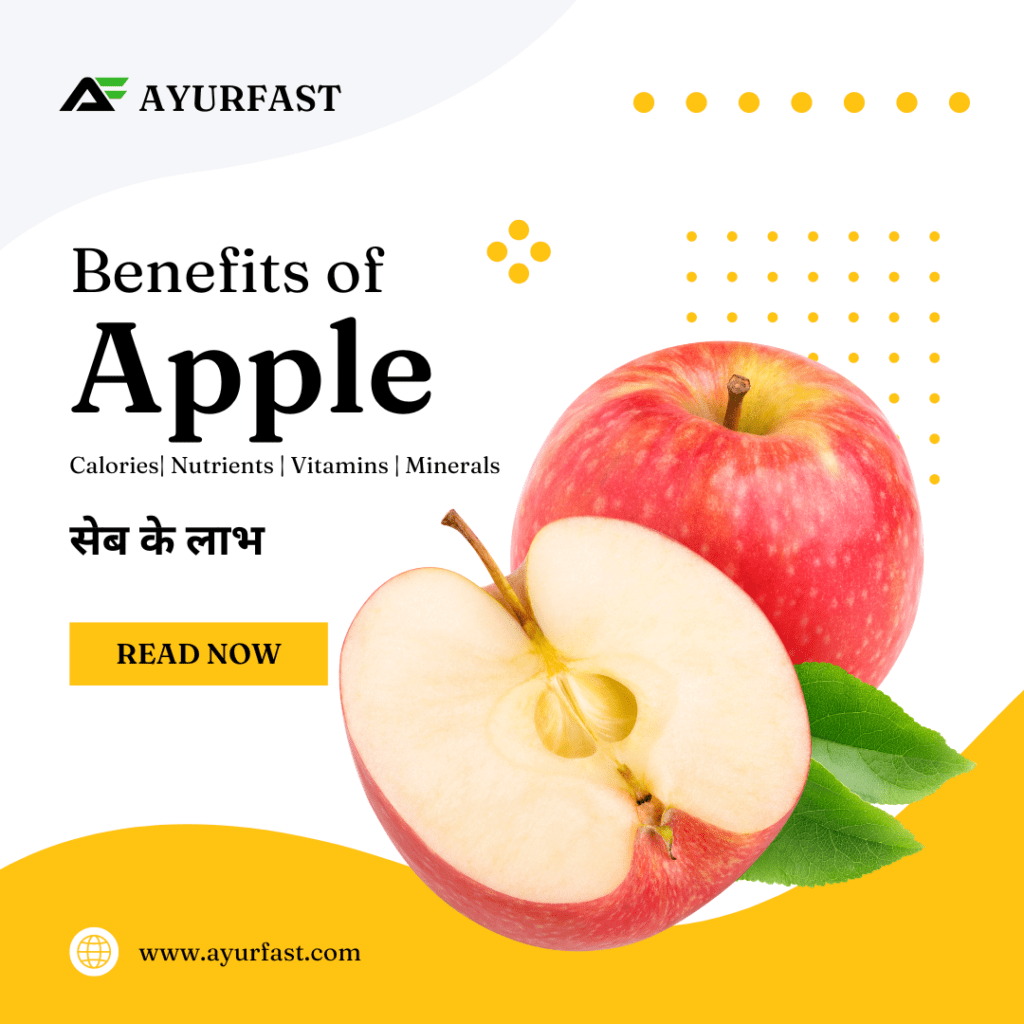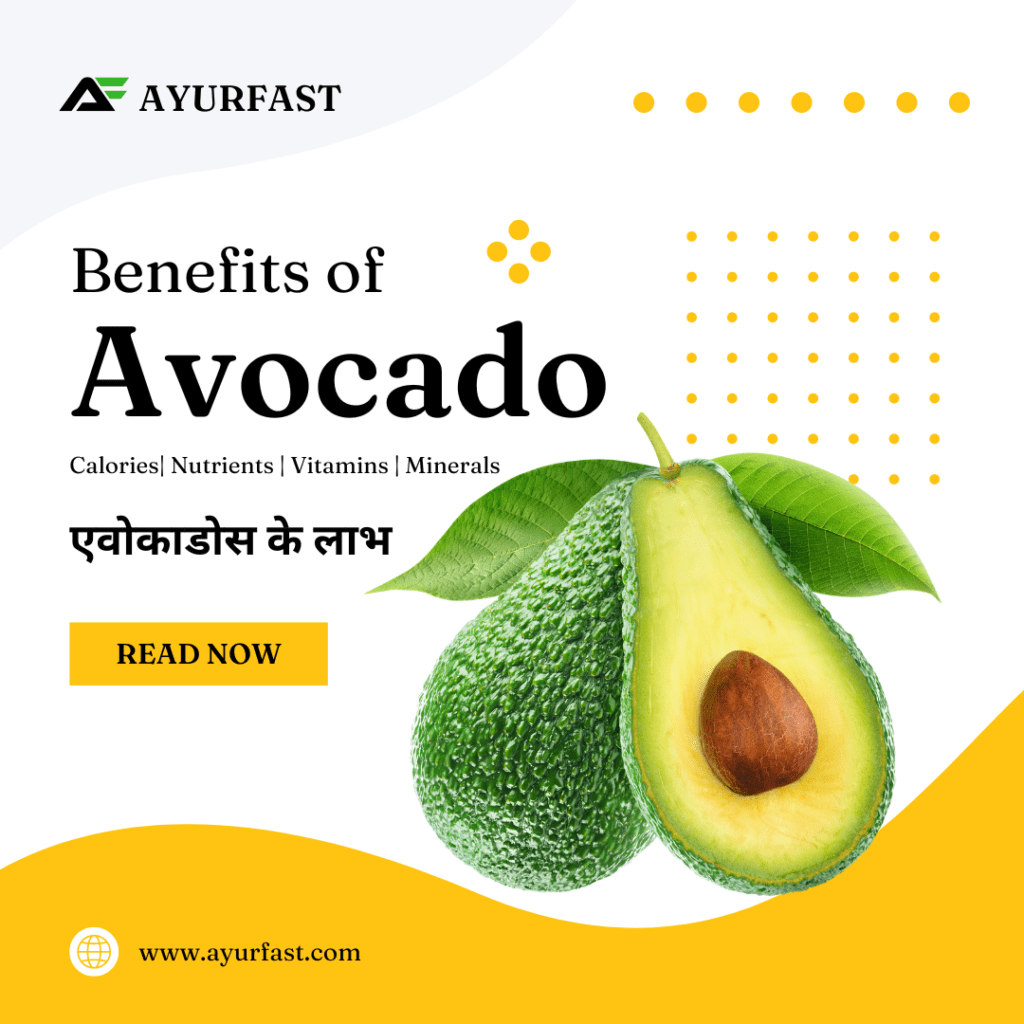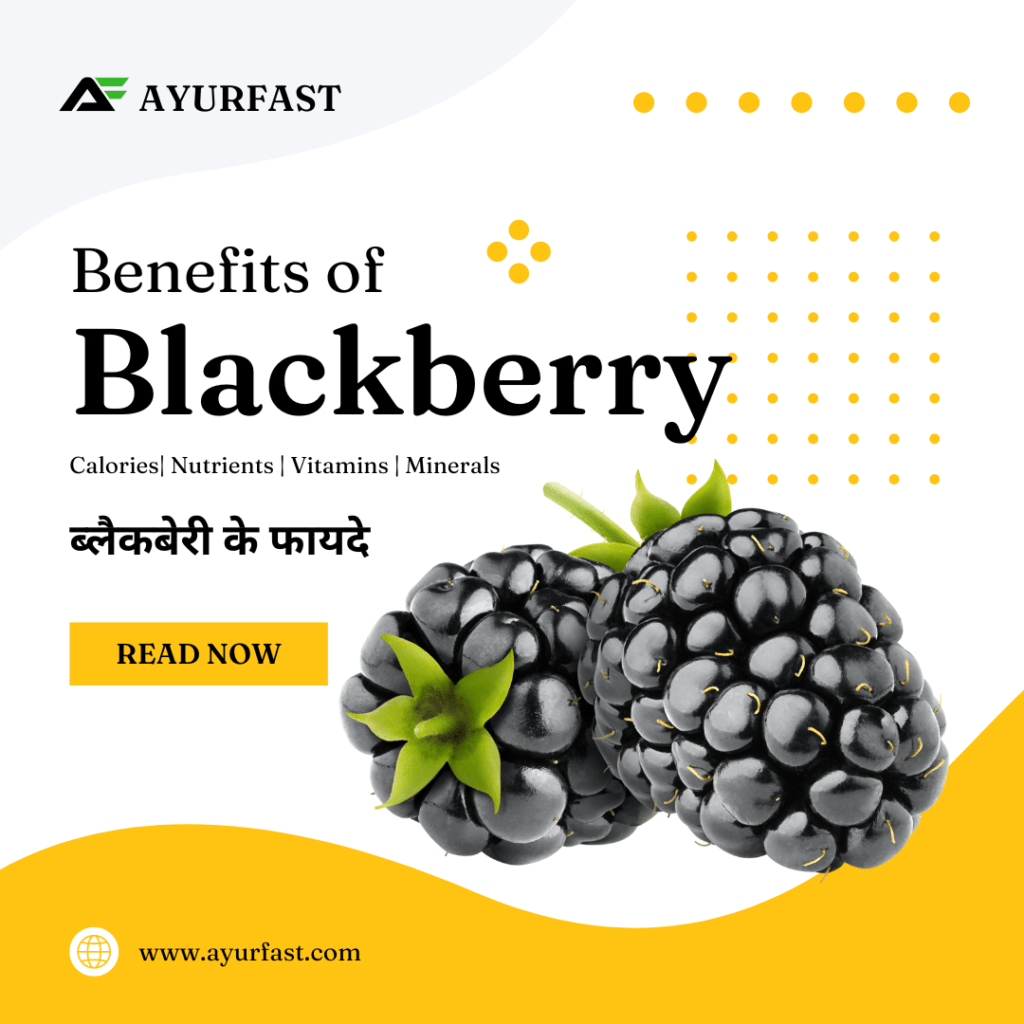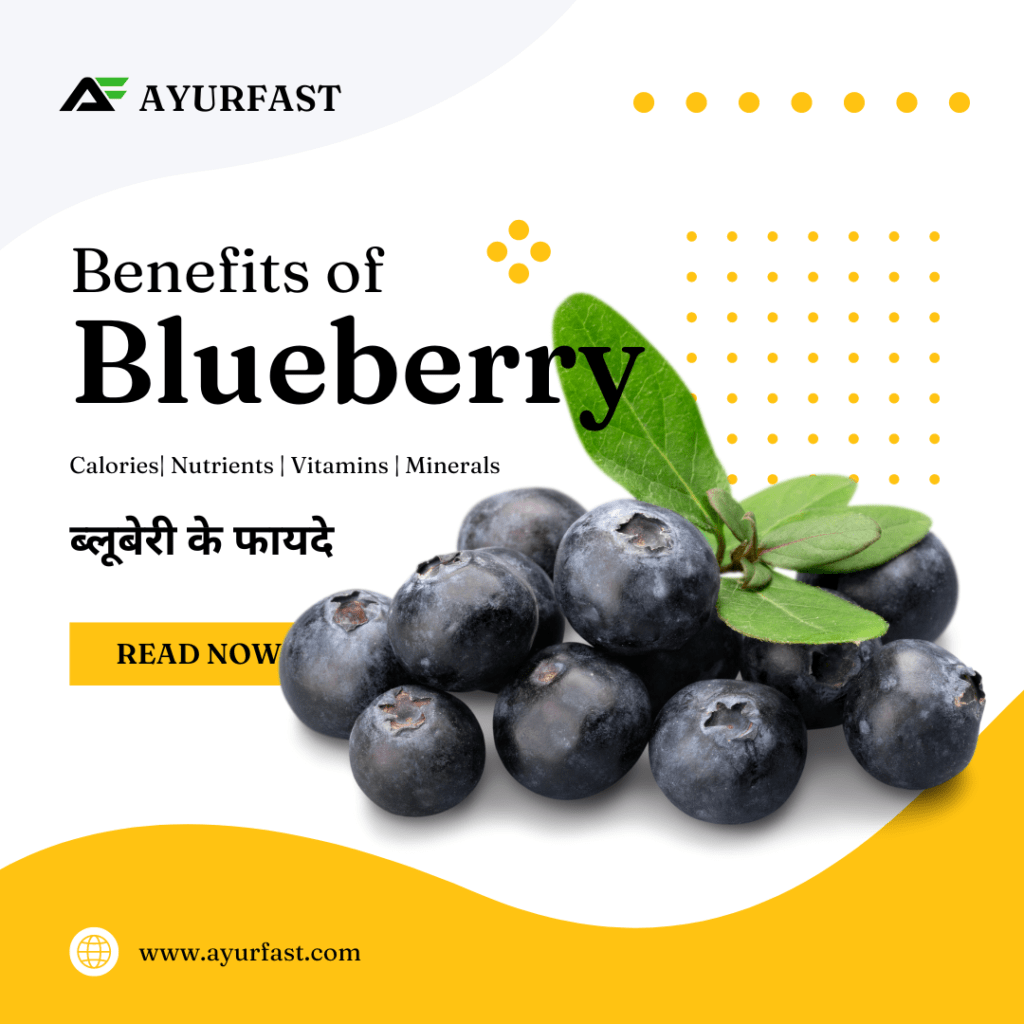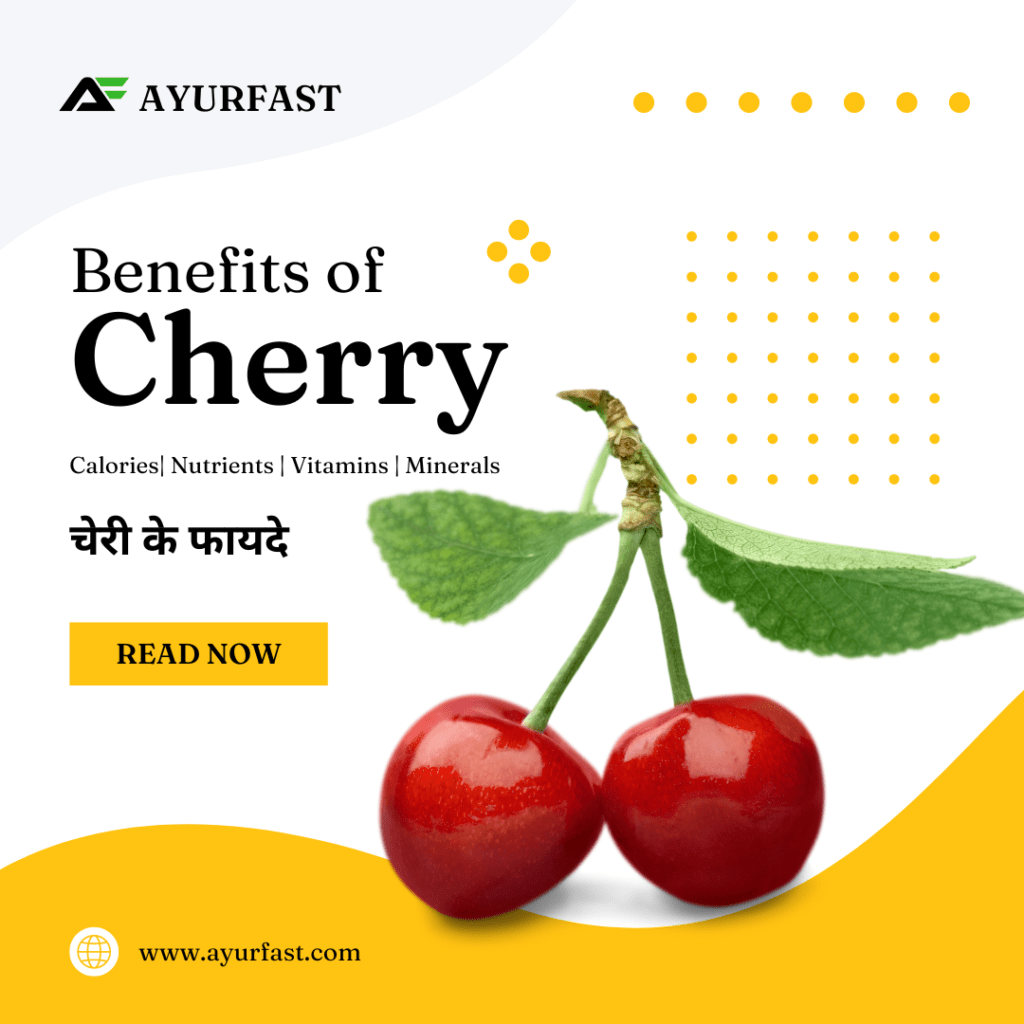About
Quince is a fruit that is closely related to apples and pears. It is native to the Caucasus region but is now grown in many parts of the world. The fruit is hard and yellow when ripe, with fuzzy skin and a tart, slightly sweet flavor. It is often used in cooking and is particularly popular in jams and jellies.
Health Benefits of Quince:
-
Improved Digestion: Quince is a good source of dietary fiber, which can help to promote healthy digestion and prevent constipation.
-
Anti-Inflammatory Properties: Quince contains compounds with anti-inflammatory properties that may help to reduce inflammation in the body and alleviate symptoms of inflammatory conditions such as arthritis and asthma.
-
Immune System Boost: Quince is rich in vitamin C, which is important for the immune system. Vitamin C can help to boost the production of white blood cells, which help to fight off infections and illnesses.
-
Anti-Cancer Properties: Some studies have suggested that quince may have anti-cancer properties, particularly against breast and colon cancer.
-
Improved Skin Health: Quince is a good source of antioxidants, which can help to protect the skin from damage caused by free radicals. This can help to reduce the appearance of fine lines and wrinkles and keep the skin looking healthy and youthful.
Diseases that can be cured by Quince:
- Digestive problems
- Inflammation
- High blood pressure
- Asthma
- Cancer
Energy and Macro Nutrient content per serving (50g) of Quince:
| Nutrient | Amount |
|---|---|
| Calories | 26 |
| Carbohydrates | 6.5g |
| Fat | 0.1g |
| Protein | 0.3g |
| Fiber | 1.5g |
| Water Content | 41g |
Vitamin content per serving (50g) of Quince:
| Vitamin | Amount |
|---|---|
| Vitamin A | 0 |
| Vitamin B1 | 0.02mg |
| Vitamin B2 | 0.02mg |
| Vitamin B3 | 0.3mg |
| Vitamin B6 | 0.03mg |
| Vitamin B12 | 0 |
| Vitamin C | 7.6mg |
| Vitamin D | 0 |
| Vitamin E | 0.1mg |
| Vitamin K | 2.5mcg |
| Folate | 4mcg |
| Biotin | 0 |
Mineral content per serving (50g) of Quince:
| Mineral | Amount |
|---|---|
| Calcium | 7mg |
| Iron | 0.2mg |
| Iodine | 0 |
| Zinc | 0.1mg |
| Magnesium | 5mg |
| Phosphorus | 11mg |
| Potassium | 97mg |
| Sodium | 0mg |
| Chloride | 3mg |
| Copper | 0.05mg |
| Chromium | 0 |
| Fluoride | 0 |
| Molybdenum | 0 |
| Manganese | 0.06mg |
| Selenium | 0mcg |
What is Quince and where does it originate from?
Quince is a fruit closely related to apples and pears, and it originates from the Caucasus region.
How does Quince taste, and what are its culinary uses?
Quince has a tart, slightly sweet flavor, and it is often used in cooking, especially in making jams and jellies.
Can Quince help with digestion?
Yes, Quince is a good source of dietary fiber, which can promote healthy digestion and prevent constipation.
Does Quince have anti-inflammatory properties?
Yes, Quince contains compounds with anti-inflammatory properties that may help reduce inflammation in the body.
Is Quince beneficial for the immune system?
Yes, Quince is rich in vitamin C, which can boost the immune system by aiding white blood cell production.
Are there any anti-cancer properties associated with Quince?
Some studies suggest that Quince may have anti-cancer properties, particularly against breast and colon cancer.
What diseases can Quince help prevent or manage?
Quince may help with digestive problems, inflammation, high blood pressure, asthma, and potentially cancer.
How many calories and nutrients does Quince contain per serving?
Per 50g serving, Quince has 26 calories, carbohydrates 6.5g, fat 0.1g, protein 0.3g, and fiber 1.5g.
Which vitamins are present in Quince?
Quince contains vitamins such as vitamin B1, B2, B3, B6, C, E, and K.
Can Quince be beneficial for bone health?
Yes, Quince contains minerals like calcium and magnesium, which are important for bone health.
How can Quince be incorporated into a healthy diet?
Quince can be used in various recipes, including jams, jellies, desserts, and savory dishes.
Does Quince have any impact on blood pressure levels?
Yes, Quince's potassium content may help regulate blood pressure levels.
Is Quince a seasonal fruit?
Yes, Quince is typically a seasonal fruit available in specific regions and times of the year.
Are Quince seeds edible?
The seeds of Quince are generally not eaten due to their hardness and bitter taste.
How can Quince be preserved for later use?
Quince can be preserved by making jams, jellies, or freezing for later consumption.
Can Quince be used in natural remedies?
Yes, Quince has been used in traditional medicine for various health purposes.
Is Quince suitable for people with diabetes?
Quince's low glycemic index makes it a suitable fruit for people with diabetes when consumed in moderation.
Are there different varieties of Quince available?
Yes, there are various Quince varieties with slight differences in taste and appearance.
How to select and store Quince for best quality?
Choose firm and unblemished Quinces and store them in a cool, dry place until ripe and ready to eat.

